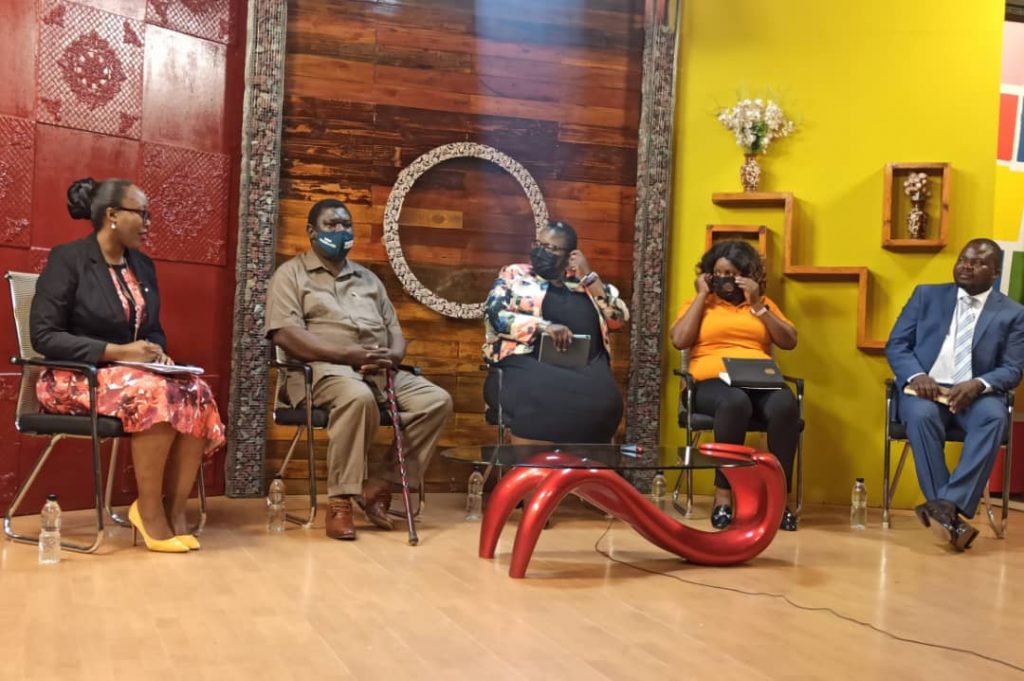Mindset change is key in ending child marriages
Ministry of Gender, Community Development and Social Welfare has expressed concern over the increasing number of child marriages. Even when child marriages are annulled, fewer than half of the children return to school.
Speaking in Lilongwe Thursday during a panel discussion called Ending Child Marriages in Malawi: A Call to Action, the ministry’s deputy director of Child Affairs Department Justin Hamela attributed the increase to lack of sensitisation programmes on the impacts of child marriages at the community level.

He added that families need to be empowered economically if they are to take part in the fight against child marriages.
Said Hamela: “Poverty is one of the reasons why we have a lot of child marriage cases in the country. If sensitised on the hazards of the vice and the importance of letting a girl child marry at the right time, maybe the change we need will surely come.”
Hamela added that the availability of laws prohibiting child marriages is not enough to stop it unless mindset change is prioritised.
Unfortunately, Hamela says parents often see child marriage as a solution to the problem of poverty.
“We need people to change their attitude towards child marriage. Parents should be responsible in taking care of their children not the other way round. If a parent forces a child into marriage as a scapegoat of poverty, let them face the law,” he said.
According to the Ministry, 3 773 (3 203 girls and 570 boys) were withdrawn from child marriages between January and July 2021, and 1, 518 (1 234 girls and 284 boys) re-enrolled in school, representing 40 percent of the total number of children withdrawed from child marriages.
In her remarks, Malawi Human Rights Commission acting director of child rights Priscilla Thawe said cultural practices play a huge role when it comes to fueling child marriages and they also affect implementation of the law.
She said: “People are afraid to report perpetrators of child marriages for fear of culture. If the perpetrator is a bread winner, in rare cases they are reported and sometimes convicted by the courts. Otherwise it is a major challenge for law enforcers to do their job when cultural values are involved.”
She, however, pleaded with various players including traditional leaders in communities to take a pivotal role in ending child marriages and not conceal cases when they occur.
She also expressed the need to build capacity of law enforcement to be able to investigate and prosecute cases of child marriage.
Judge Zione Ntaba of the High Court said the law has to be enforced with attitude change.
She said most Malawians are aware of some of the laws, but are still ignorant of the implications of their actions.
Said Ntaba: “Financial empowerment can help us eradicate this vice. When families are financially independent, they will not force their children into early marriages as most of these cases are happening because poverty has left them with no option.”
Senior Chief Chowe of Mangochi district said that as an advocate of education, he has enlightened parents on the importance of educating the girl child.
He said: “I have received criticisms before whenever I approach parents who married off their child. But that did not stop me to continue doing what is right.
“I believe traditional leaders should be champions of change in the society and not perpetrators of child marriages.”
According to the Ministry of Gender, Children and Community Development, 42 percent of women in Malawi are married before the age of 18 and 12 percent are married before the age of 15.
Malawi is ranked 12th out of 195 countries in the world with the highest number of child marriages.
There is hope, however, that harmonising laws guiding child marriages in Malawi will help in reducing the number of cases.
The Miscellaneous Amendment Bill, expected to be tabled in Parliament during the next sitting, will help in addressing some of the challenges on law enforcement in regards to child marriages in the country.
The panelists agreed that collective efforts from the grassroots to the national level will not only help in saving the Malawian girl child from child marriage, but also encourage men to be the pioneers of change and not the perpetrators.





